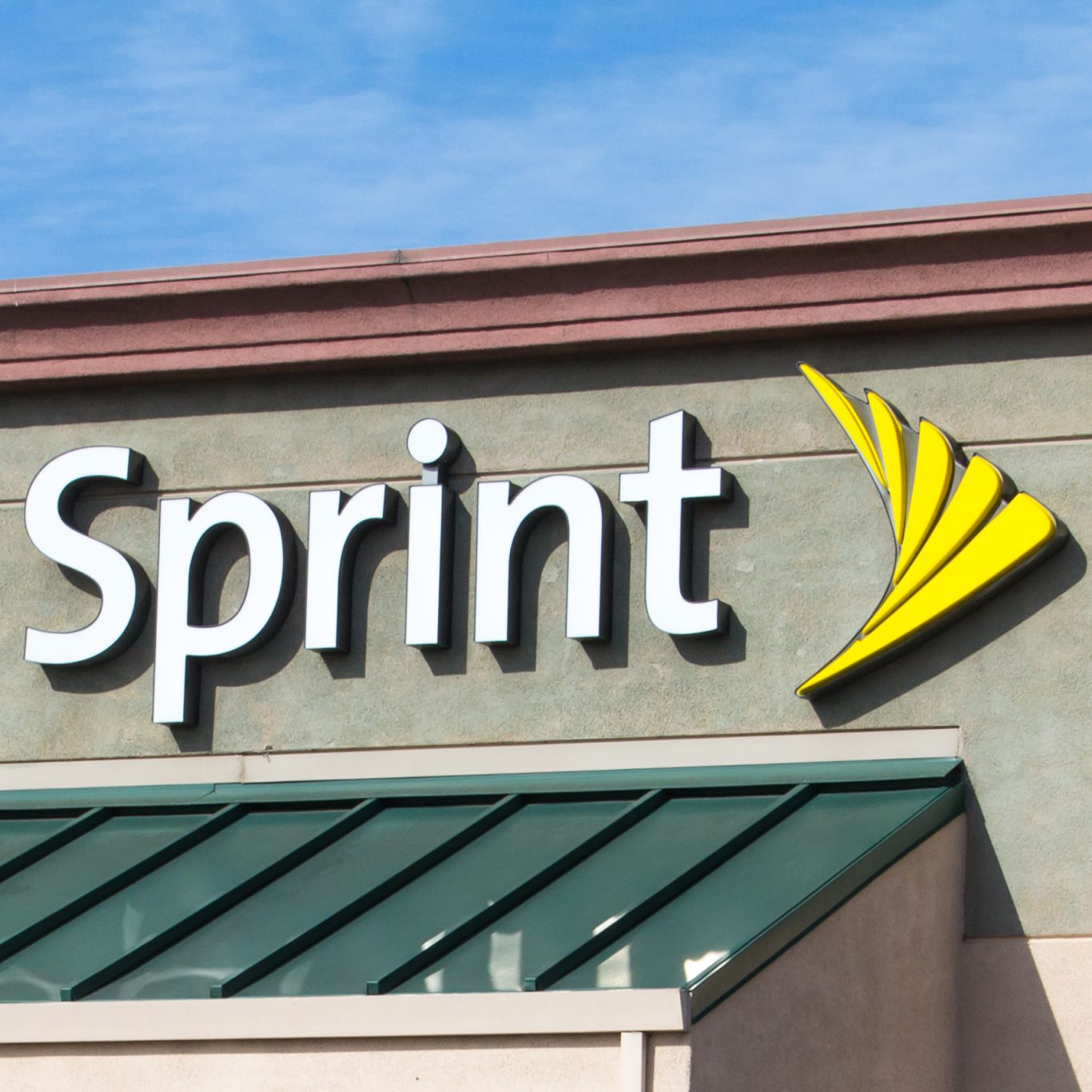Telecom & Wireless
Short Interest in Sprint Surges 15 Million Shares

Published:
Last Updated:

Shares sold short in Sprint Corp. (NYSE: S) rose 15 million to 112 million for the period that ended on January 12. Sprint was the 10th most shorted stock among those traded on the New York Stock Exchange.
The increase in Sprint short interest is likely based on its poor performance and its struggle to gain sales from AT&T, Verizon and T-Mobile in a stagnant U.S. market. Sprint’s share price has fallen 44% in the past year to $5.26. The S&P 500 is up 22% over the same period.
Sprint is controlled by Japanese company Softbank, which has tried several times to set a merger, most likely with T-Mobile. The combination would allow the two companies to more readily compete with the much larger AT&T and Verizon. Softbank owns nearly 85% of Sprint’s shares.
Among Sprint’s moves to become more competitive, it has set a partnership with cable company Cox Communications. The arrangement is meant to help Sprint improve the performance of its network.
In Sprint’s most recently reported quarter, its subscriber additions were better than they have been in the recent past. Sprint posted 378,000 net additions for the period. Revenue, however, fell from $8.3 billion in the year-ago period to $7.9 billion. The company had a net loss of $48 million in the most recent quarter, compared with a loss of $142 million in the same period the year before. The net income improvement was better on a relative basis. Sprint’s financial performance is still poor.
And much of Sprint’s expected improvements in the near-term period ahead will be based on cost cuts more than growth. The company said this in its most recent quarter press release:
Sprint continued to make progress on its multiyear plan to transform the way it does business and improve its cost structure. The company delivered nearly $400 million of combined year-over-year reductions in cost of services and SG&A expenses in the quarter, bringing the year-to-date total reduction to more than $750 million, primarily driven by changes to the device insurance program. Lower network and customer care expenses also contributed to the year-to-date reduction. Sprint continues to expect $1.3 billion to $1.5 billion of year-over-year net reductions in cost of services and SG&A expenses in fiscal year 2017. Although the gross reductions are expected to be higher, the company plans to reinvest some of the savings into future growth initiatives.
Cost cuts may help short-term numbers, but they cannot be repeated over and over.
Thank you for reading! Have some feedback for us?
Contact the 24/7 Wall St. editorial team.